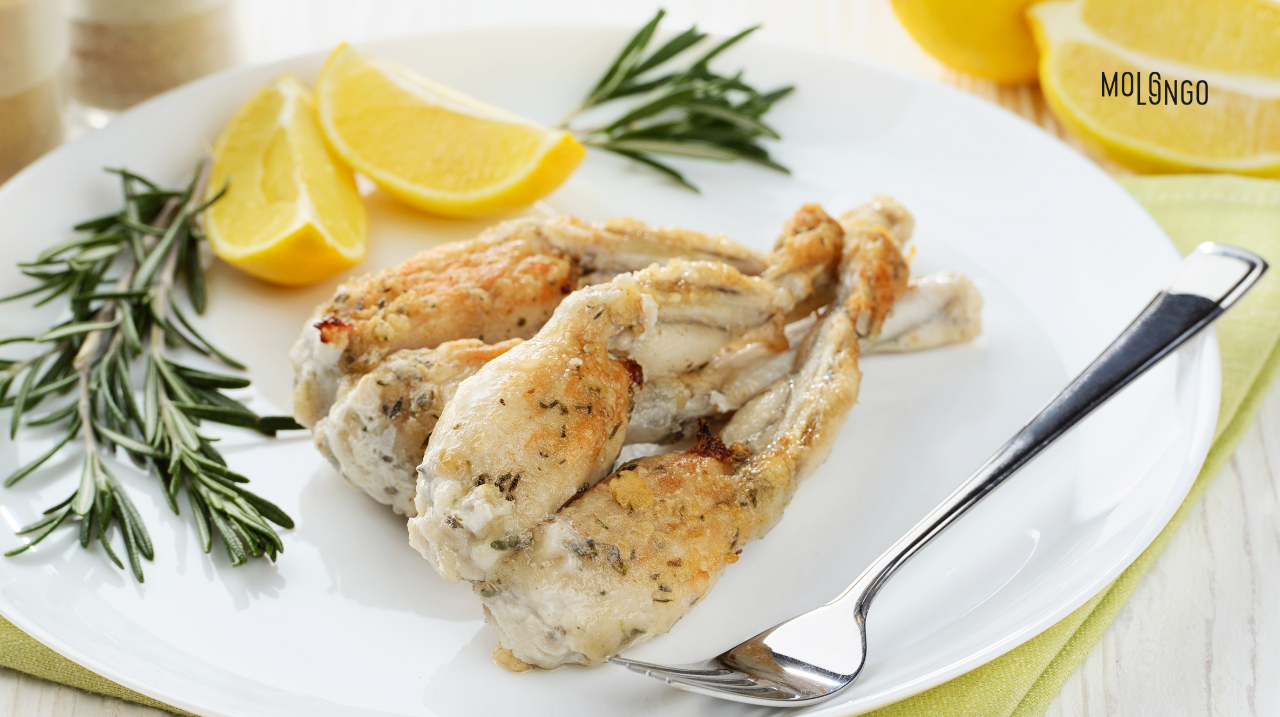Cycling Tours in Istria – Part 2
The bicycle is perhaps the perfect mode of transportation: it doesn't demand perfect physical fitness from the rider, yet...
Read allRijeka is a port city whose maritime and shipping culture and tradition have played a key role in shaping the city’s identity and economic development.
The origins of Rijeka’s maritime tradition date back to ancient times when the area was inhabited by Illyrians. However, it was the Romans who first recognized the strategic importance of Rijeka’s natural harbor, which they called Tarsatica. Over the centuries, the city changed hands many times, with Rome, Byzantium, the Venetians, Napoleon, and the Habsburgs all leaving their mark on Rijeka’s cultural and maritime heritage, contributing to the diverse blend of traditions we see today. One of the most significant influences on Rijeka’s maritime history was the Republic of Venice. During the Middle Ages, Venice controlled the city, and this period had a profound impact on Rijeka’s shipbuilding, navigation techniques, and trade networks. Venetian shipbuilders brought their expertise, and Rijeka became known for producing sturdy and seaworthy vessels.
Rijeka’s maritime tradition has always been closely tied to craftsmanship and trade. Its strategic and highly transit location made Rijeka and its port a bustling center of maritime trade in the Mediterranean. Rijeka’s port served as a crucial link between Central Europe and the Adriatic Sea, which then led to the Mediterranean, facilitating the exchange of goods and cultures. Rijeka’s markets, such as the famous Korzo, bustled with activity as ships from various parts of the world arrived with exotic goods, spices, and textiles. The city’s economic prosperity was closely linked to its maritime activities, and this legacy continues to this day. Furthermore, the cultural exchange brought about by maritime trade greatly influenced the culture and identity of Rijeka, which still values openness and multiculturalism as essential aspects of its identity.
In addition to trade, an important part of Rijeka’s maritime heritage has always been fishing. The city’s residents relied on the Adriatic Sea for sustenance, and the tradition of fishing was passed down through generations. Local fishermen developed unique techniques and tools for navigating the challenging waters of the Adriatic and catching various seafood, including anchovies, sardines, and squid. Rijeka’s fish market is still a vibrant place where locals and visitors can purchase fresh catches from the sea.
In more recent times, the most significant economic sector in Rijeka was shipbuilding, which was a long-standing pillar of the city’s economy. The city had several shipyards, primarily 3. Maj and Viktor Lenac, but there were also smaller shipyards for building and repairing smaller vessels. Rijeka’s strength in shipbuilding was primarily due to significant export activity and the ability to produce a wide range of vessels, from fishing boats to cargo ships. However, in recent decades, shipbuilding in Croatia, including Rijeka, has seen a drastic decline. Nevertheless, shipbuilding activity in Rijeka has not ceased to this day and continues to be a significant part of the city’s identity.
And when it comes to ships, let’s not forget their primary use – travel. Rijeka was the birthplace of Jadrolinija, the largest passenger shipping company in Croatia. Jadrolinija was founded in 1947 and still transports thousands of passengers on local and international routes. It’s worth noting that many ferries in Jadrolinija’s fleet were built in Croatian shipyards, some of them right in Rijeka.
In conclusion, Rijeka’s maritime culture is celebrated throughout the year through various festivals and events. One of the most famous is the Fiumanka regatta, an annual sailing competition that attracts sailors and spectators from all over Europe. Another tradition is the renowned Rijeka Boat Show, a nautical fair held in early October this year. When attending maritime events and admiring the finest ships, be sure to look for the best accommodation in Rijeka on the Molo Longo agency’s website.

The bicycle is perhaps the perfect mode of transportation: it doesn't demand perfect physical fitness from the rider, yet...
Read all
Gorski Kotar, a mountainous region of Croatia, is renowned for its captivating nature and winter sports, but also for...
Read all
Istria, a Croatian region situated at the intersection of Mediterranean cultures, has produced numerous outstanding women who have made...
Read all